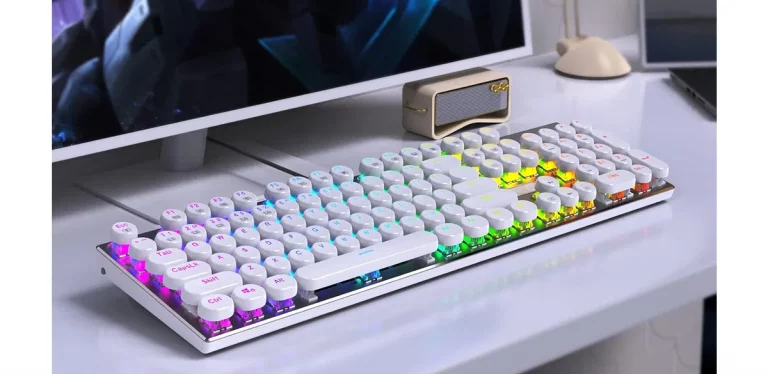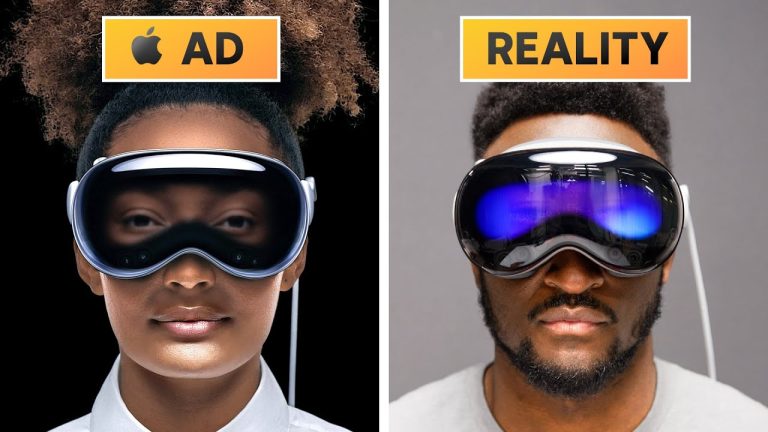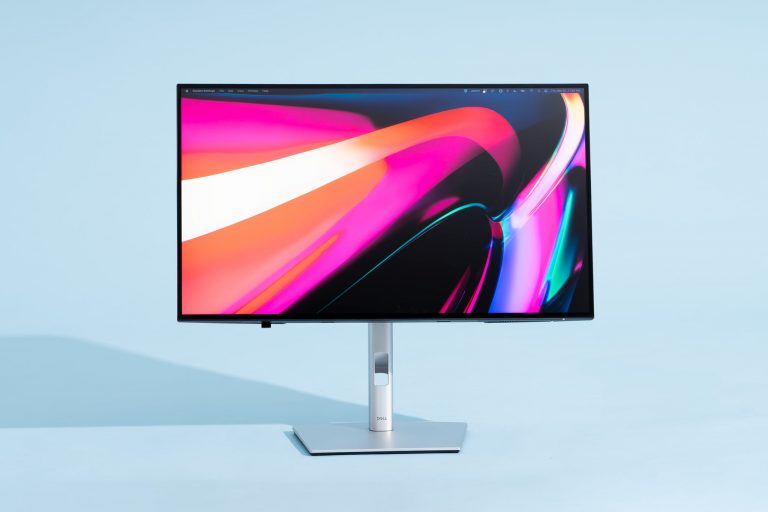
Computers The Backbone of Modern Technology
Computers have become an indispensable part of our daily lives, revolutionizing the way we work, communicate, and entertain ourselves. From powerful workstations to sleek laptops and portable tablets, computers come in various forms and sizes to cater to different needs.
Types of Computers
- Desktop Computers: These are typically larger and more powerful than laptops, designed for stationary use. They often consist of a separate CPU, monitor, keyboard, and mouse.
- Laptops: Portable computers that combine a display, keyboard, and touchpad into a single unit. They are ideal for on-the-go use and come in various sizes and configurations.
- Tablets: Smaller, lightweight devices with touchscreens, primarily used for browsing the web, reading, and consuming media.
- Servers: Powerful computers designed to handle large amounts of data and serve multiple users simultaneously.
Components of a Computer
- Central Processing Unit (CPU): The brain of the computer, responsible for processing instructions and data.
- Memory: Stores data and instructions for the CPU to access.
- Storage: Stores data and files on a hard disk drive (HDD) or solid-state drive (SSD).
- Input Devices: Devices used to enter data into the computer, such as keyboards, mice, and scanners.
- Output Devices: Devices used to display or output information, such as monitors, printers, and speakers.
Uses of Computers
- Work and Productivity: Computers are used for a wide range of tasks, including word processing, spreadsheets, presentations, and database management.
- Education: Computers are essential tools for learning, research, and online education.
- Entertainment: Computers are used for gaming, watching movies, listening to music, and browsing the internet.
- Communication: Computers facilitate communication through email, social media, and video conferencing.
- Design and Creation: Computers are used for graphic design, web development, and content creation.
The Future of Computers
As technology continues to advance, we can expect to see even more innovative and powerful computers. Artificial intelligence, virtual reality, and augmented reality are just a few of the exciting developments that are shaping the future of computing.






